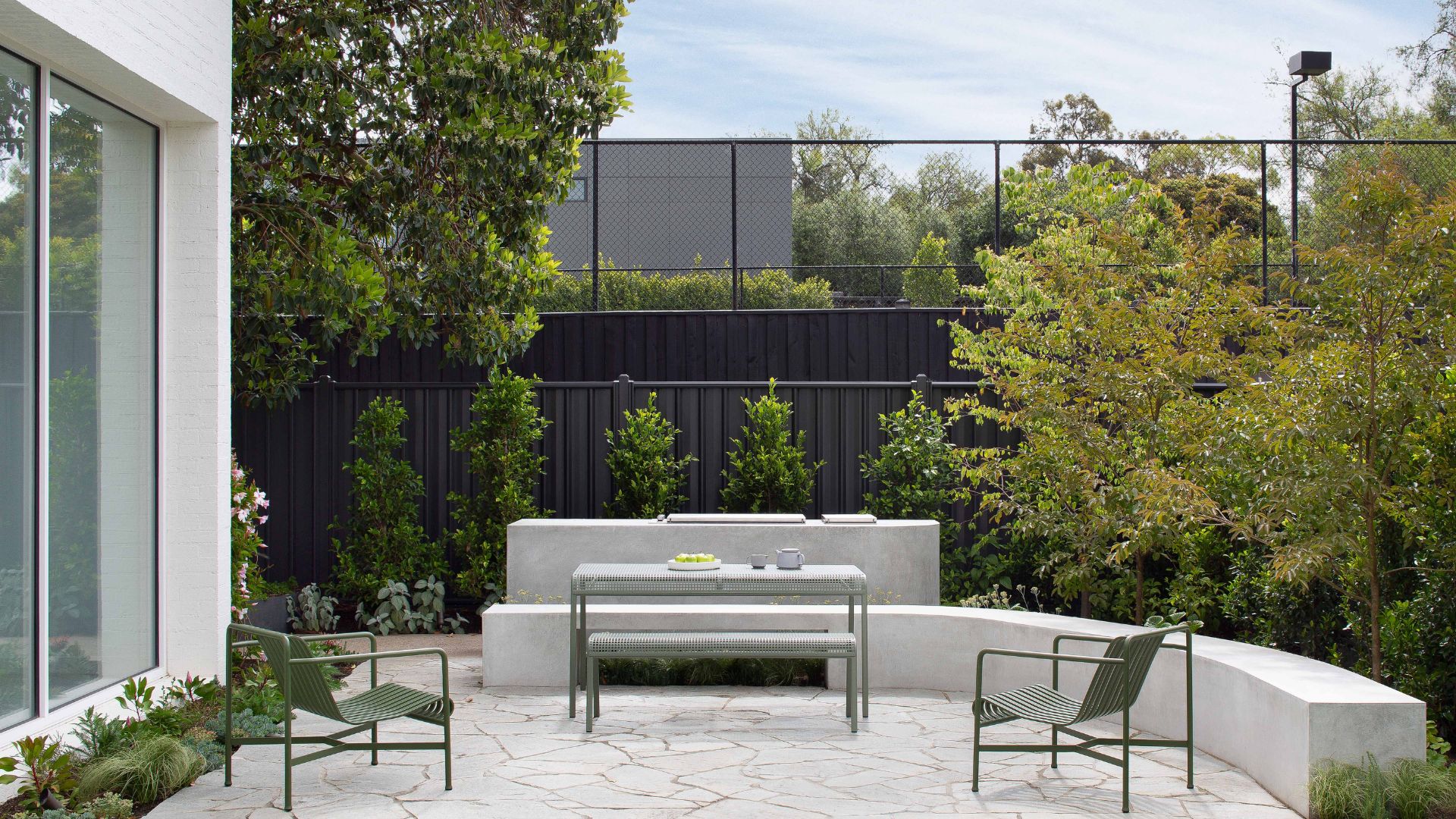
Your home's outdoor energy is just as important as the Feng Shui within. And one of the exterior elements practitioners recommend designing with intention is outdoor fences.
As per Feng Shui, they hold major significance as the border protecting your home, and there are a couple of factors to consider while designing them. From the materials to the color palette and even height, there's plenty to explore.
So if you're looking to Feng Shui your home beyond your interior walls and onto your garden fences, here are five things to consider.
1. Design with Intention
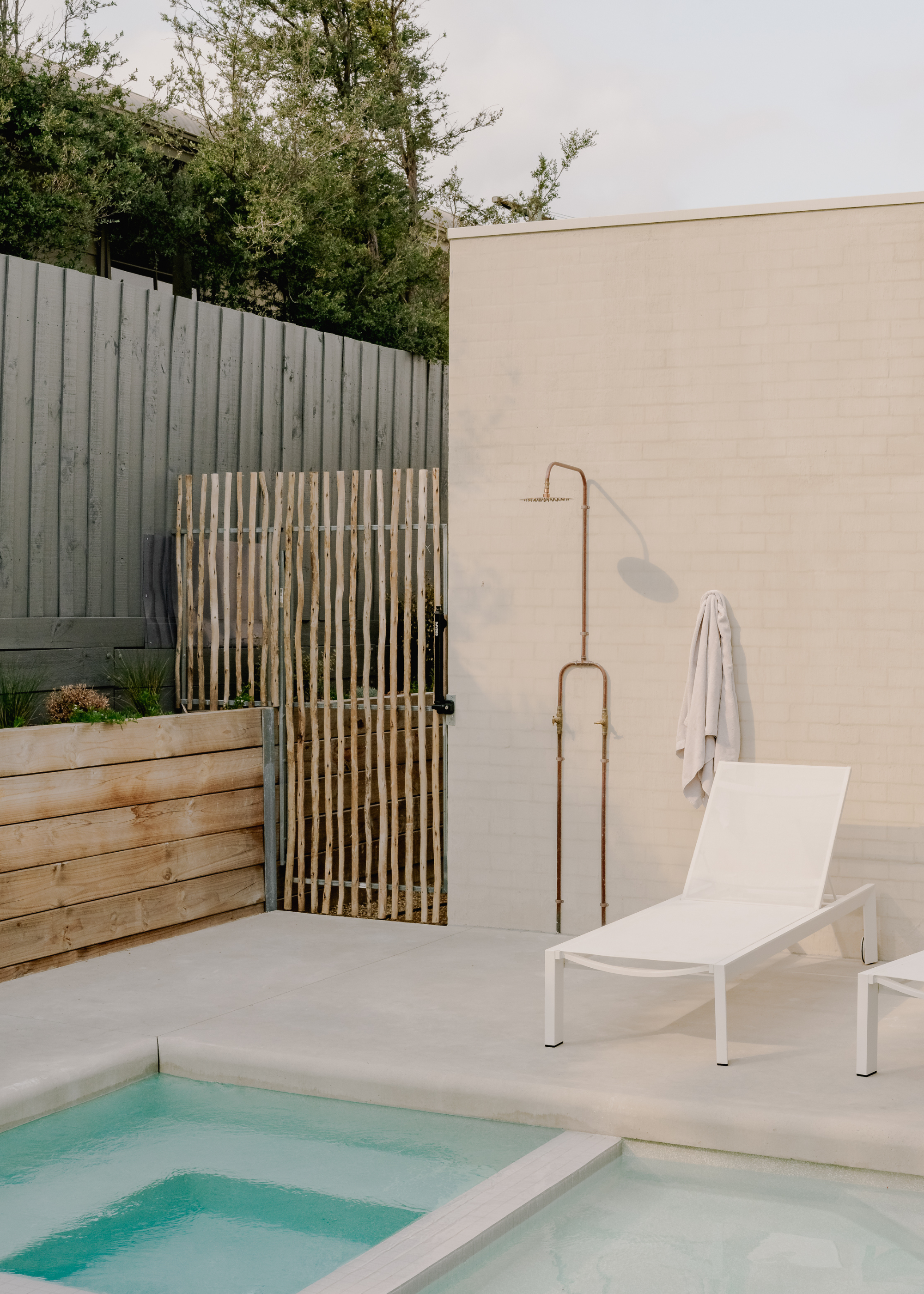
"In garden Feng Shui, everything has a vibration," says Marie Diamond, Feng Shui master. "A fence should provide supportive protection, like a gentle embrace, not a prison wall.
"Ask yourself: 'Am I building this fence out of fear, privacy needs, or aesthetics?' A fence built with the right intention creates energetic safety, welcoming good chi in while discouraging negative energy."
She stresses the importance of avoiding fencing that feels aggressive, overly high, or sharp-edged, as it can hinder the growth of both opportunities and relationships.
2. Fence Materials Matter
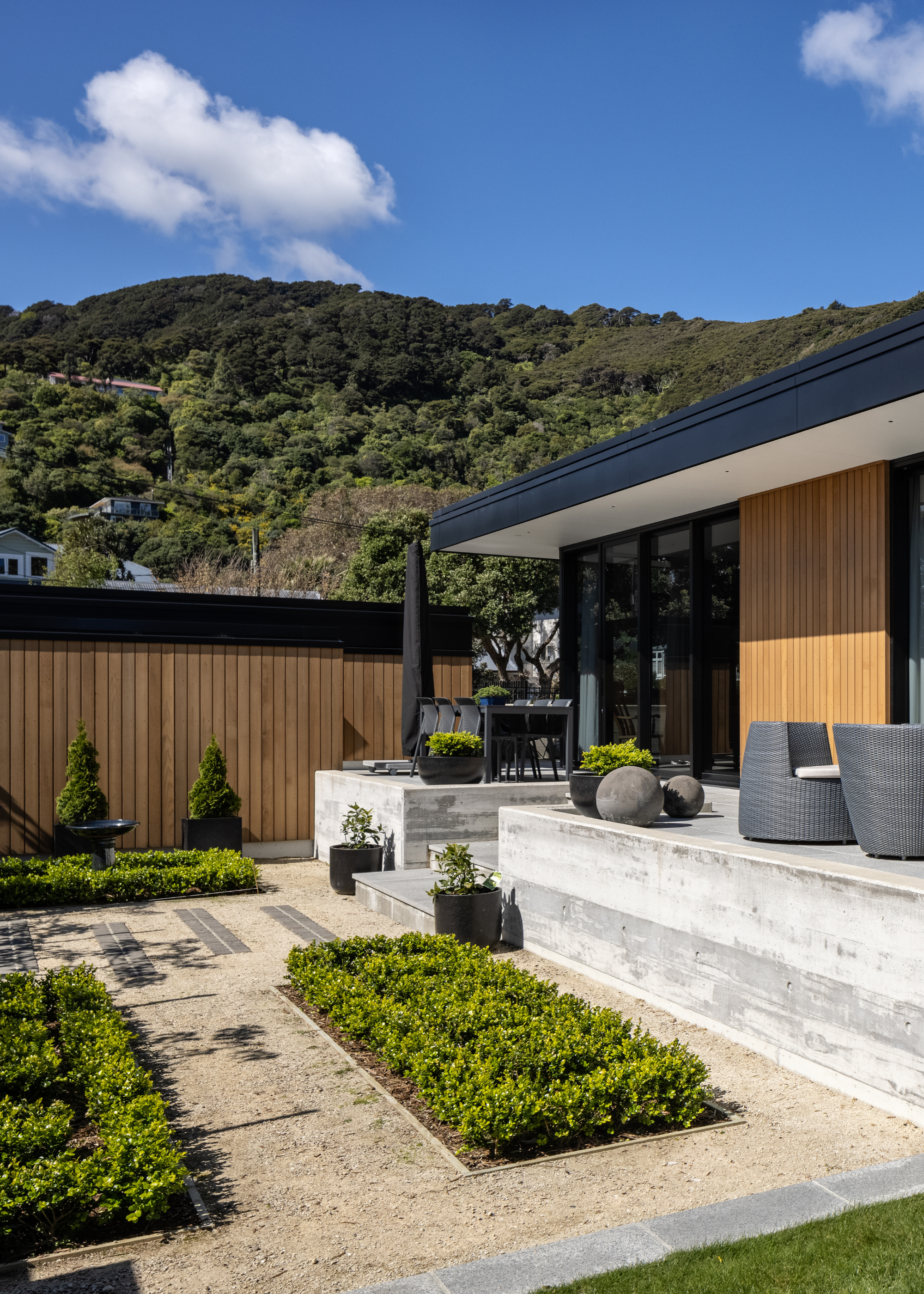
According to Marie, wood is king in Feng Shui fencing. "Wood fencing resonates with the wood element, representing growth, kindness, and upward movement," she explains. "Metal fences, while modern, can over-introduce the metal element, which relates to logic and control.
"And although you can get away with metal fences for business and around offices, it's less cozy for family harmony in and around homes. Bamboo is also another wonderful, sustainable alternative.
She points out that bamboo fences offer flexibility, privacy, and a soft, uplifting energy that's perfect for a Feng Shui backyard.
3. Balance Height and Proportion
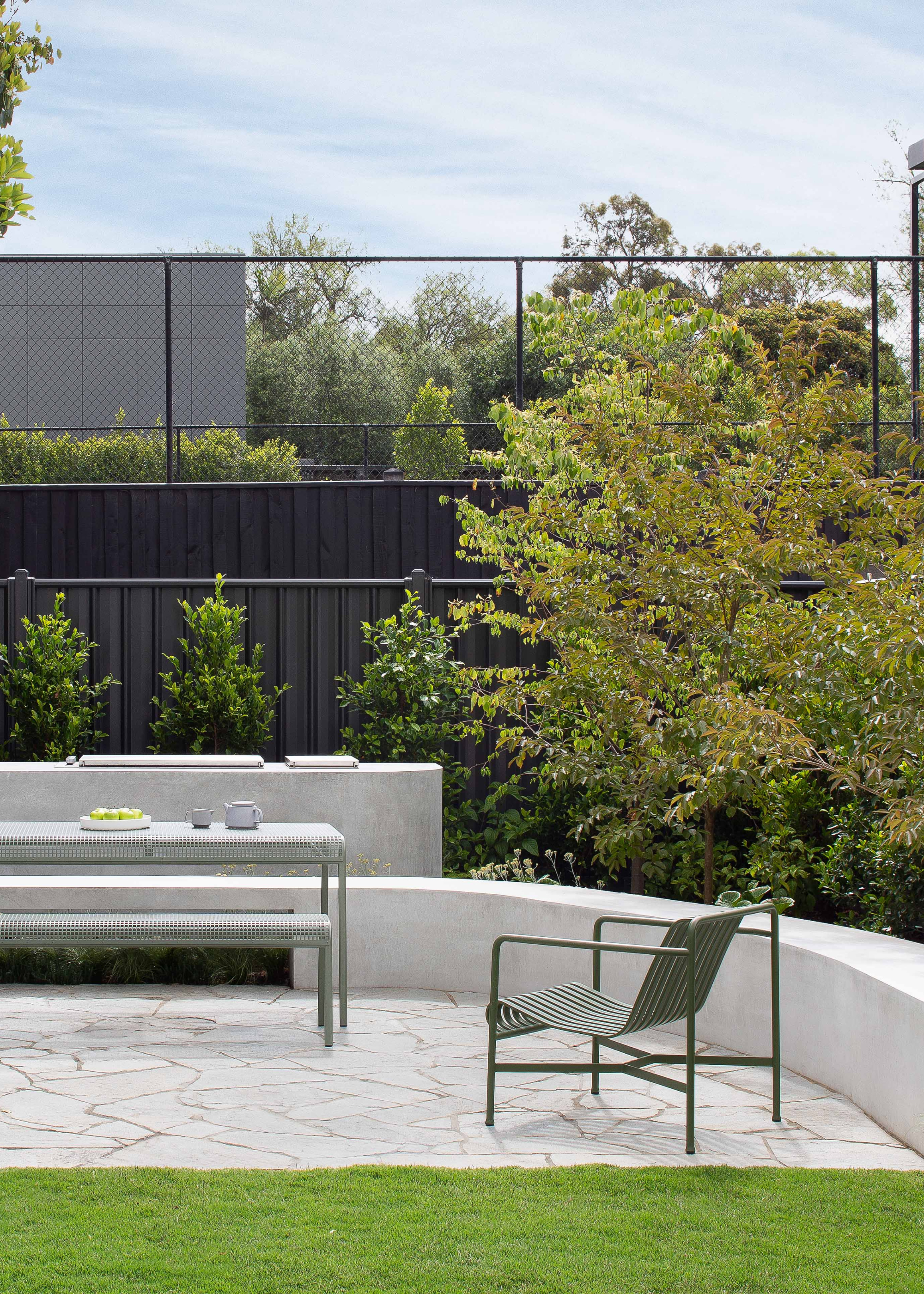
"A fence that’s too high may feel like a fortress, blocking helpful people and fresh chi from entering your life," says Marie. "But on the other hand, a fence that’s too low may fail to provide energetic containment, leaving you feeling scattered or vulnerable."
The sweet spot? "A fence that’s balanced in height to your home, ideally lower in the front to welcome opportunities and higher in the back to give support," she explains.
That's not to say that you can't have tall privacy fences to keep your garden secluded and away from the peering eyes of your neighbors. It's all about striking a balance and finding a privacy fence that aligns with the energy instead of disrupting it.
4. Consider Flow and Shape
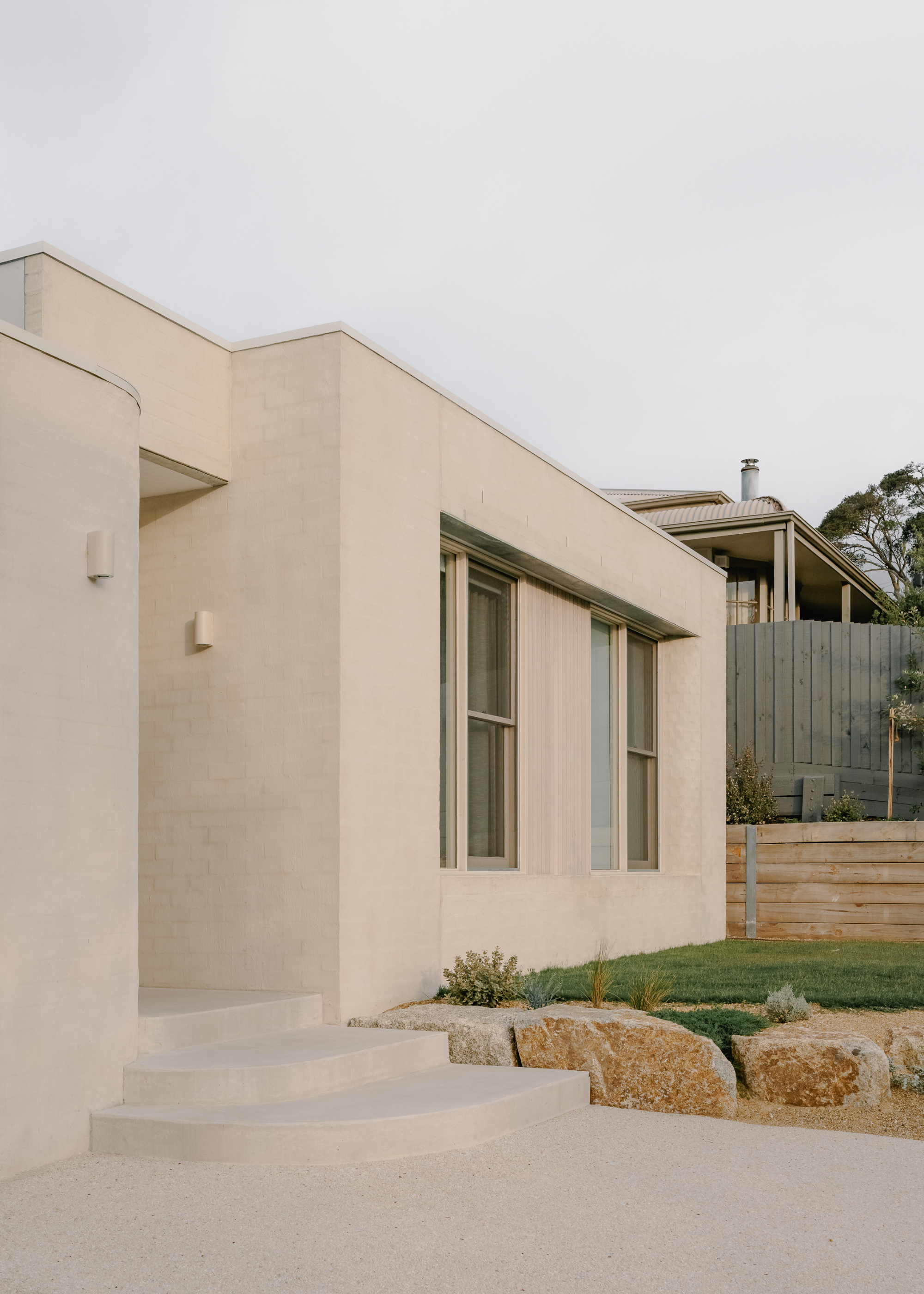
If there's one thing we've learnt by now, it's that Feng Shui is all about involving curves and soft lines. And Marie explains that this concept is just as important when it comes to fence Feng Shui.
"A winding fence or one with rounded posts allows chi to meander peacefully around your home," she notes. "It's best to avoid designs that point directly at your front door, as these create poison arrows, sending harsh energy your way."
Marie's pro-tip for enhanced flow is to plant climbing vines or hedges along a fence, as they can further soften any sharp lines and add life force to your boundaries.
5. Color Harmony Is Key
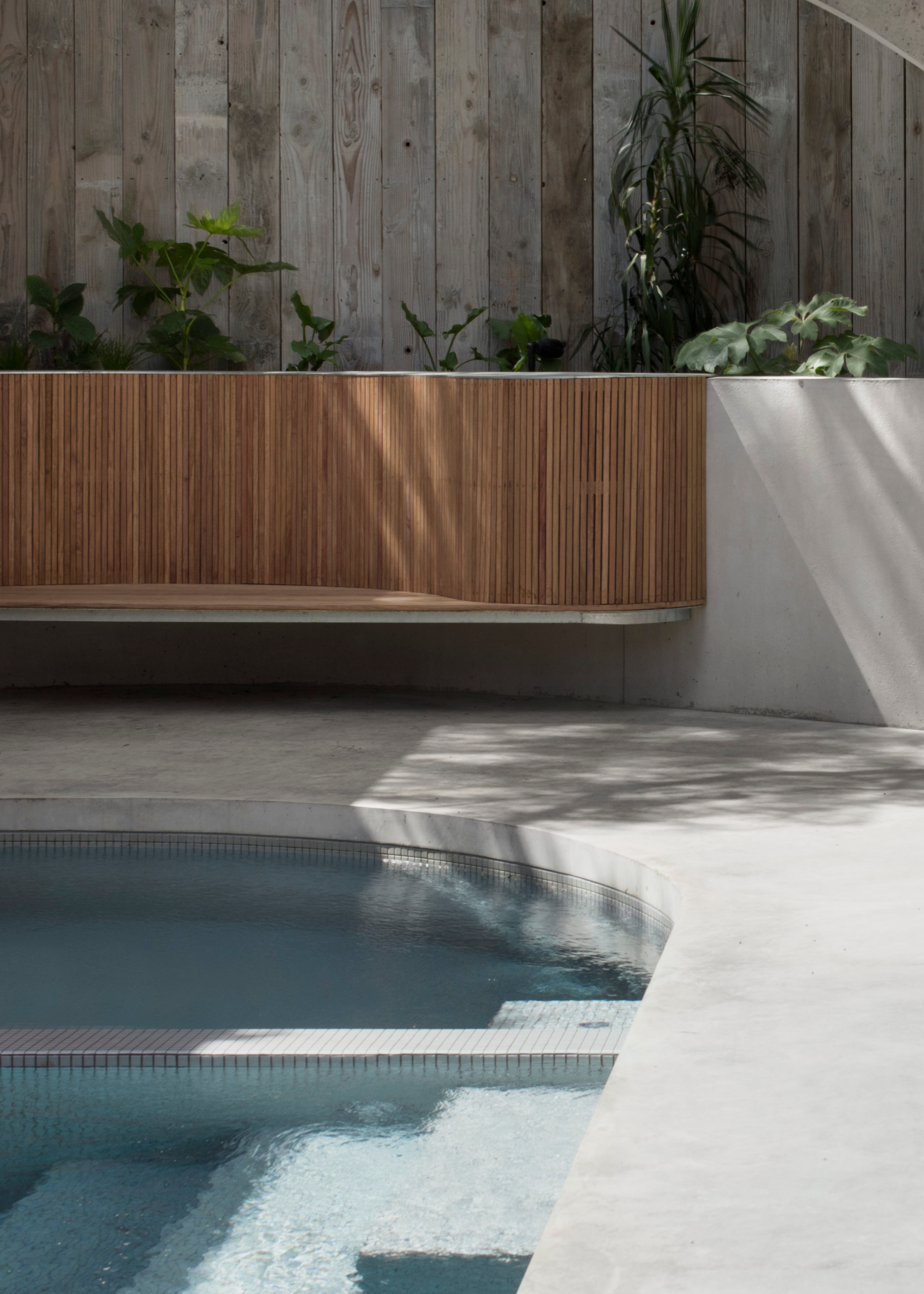
"In Feng Shui, color harmony matters more than exact matching," says Marie. "So it's better to choose color tones that complement your home’s façade and resonate with your Bagua energy goals."
For instance, she explains that a green fence supports health and new beginnings, while red or burgundy fencing amplifies fame and recognition. And if it's career enhancement and water element flow you're after, she recommends black or dark blue.
"Matching your house too closely can create a monotone effect, which may dull energy," she adds. "Instead, aim for wood fence color contrast with harmony— think Yin and Yang."
Outdoor Decor to Improve Feng Shui
Color: Mocha
From the slightly textured finish to the soft circular design and the slow lull of flowing water, Cox & Cox's Textured Round Water Fountain, cloaked in this mocha hue, is perfect for small gardens in need of an aquatic element.
Color: Neutral
It's the year of the wood snake in Feng Shui, and if you wish to honor this theme outside, then I recommend introducing organic furniture like this Emile Rattan Bench from Anthropologie.
Color: Orange
Lush garden plants are always a great addition for Feng Shui. But if you're looking for space-conscious solutions, then container gardening is ideal. And this Elevated Terracotta Planter from Zara Home is a charming accessory.
FAQs
What Can a Fence Symbolize?
Marie points out that fences are more than just property lines. "It’s a symbol of protection, boundary, and energy flow," she explains. "In Feng Shui, how you fence yourself in can either shield your sanctuary or unknowingly block life’s blessings. So, before you hammer a single post, it's essential to consider Feng Shui principles to keep your home's chi glowing and your intentions supported."
If you're still left wondering why fence Feng Shui matters, Marie put it best: "In the language of Feng Shui, your fence speaks volumes. It sets the energetic tone of your home — either as a fortress, a filter, or a flourishing gateway. With conscious design, you can build a fence that protects your peace, nurtures connection, and invites abundance."







